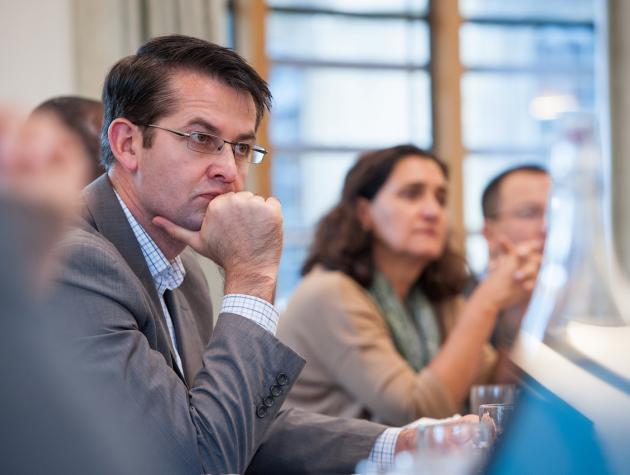Call for papers: The politics of risk and uncertainty in aid: approaches, directions and challenges
Development Studies Association Conference, Oxford, UK
September 12-14, 2016
Risk is inherent in foreign aid-giving where outcomes are uncertain, contexts can change in rapid and unpredictable ways, and the potential for negative externalities are real. A growing recognition of uncertainty, the uniqueness and fluid nature of context and the difficulty of ex-ante prediction lie behind various ideas concerning the best ways to manage development assistance, including problem-driven approaches, political economy analysis, risk outsourcing to third-parties and policy entrepreneurship. Collectively, these approaches indicate greater acceptance of the complexity of development work, with higher tolerance of risk by donors and unpredictability in the organisation of development. In doing so, it is assumed donors can be more responsive, innovative, flexible and savvy and that these qualities are conducive to deliver effective development.
Paradoxically, as these management trends are mainstreamed, the prevalence of donor surveillance architectures that penalize high risk/high reward ventures grows. As domestic consistencies press for greater public accountability of expenditure and draw attention to high profile failures in development, risk management has become an attractive value proposition for donors. Risk science displaces trust in professional judgment in favour of defendable processes of control and reduced exposure. Compliance functions at headquarters centre on limiting risks through safeguard policies, fiduciary and procurement controls. Meanwhile the need to account for decisions and results lies behind an expanding sub-industry within donor countries.
This panel encourages reflection on the new politics of risk and uncertainty in aid, with the hope of examining the political bargains struck to minimize risk and maximize rewards in development assistance.
We would welcome paper submissions from researchers working on topics related to our panel. To propose a paper, create an account and submit a short 250 word abstract. If selected, your full paper will be due approximately 10 days before the conference and you will be given a 15 minute slot in the panel to present.
The call for papers closes April 25th.






